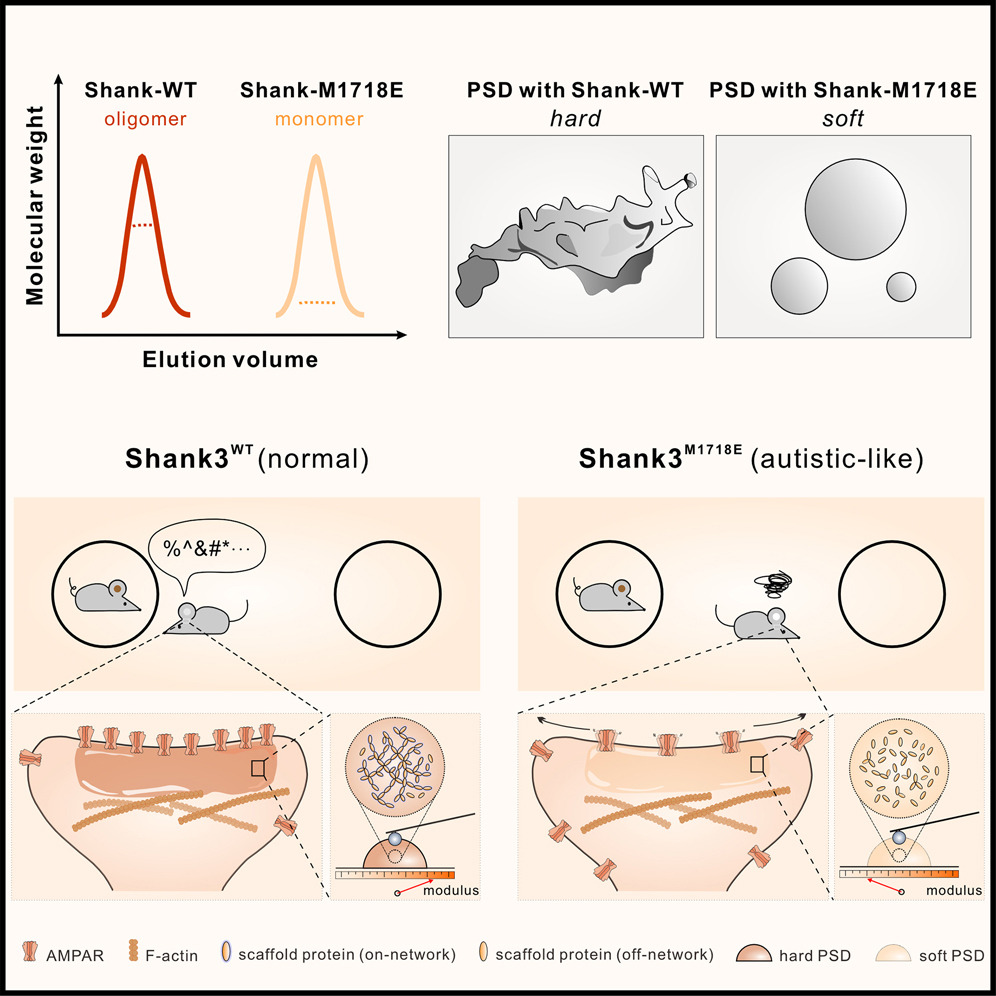Critical roles of phosphoinositides and NF2 in Hippo pathway regulation
2020.02.27Hong, A. W., Meng, Z., Plouffe, S. W., Lin, Z., Zhang, M., & Guan, K. L. (2020). Genes & development, 34(7-8), 511-525.
The Hippo pathway is a master regulator of tissue homeostasis and organ size. NF2 is a well-established tumor suppressor, and loss of NF2 severely compromises Hippo pathway activity. However, the precise mechanism of how NF2 mediates upstream signals to regulate the Hippo pathway is not clear. Here we report that, in mammalian cells, NF2's lipid-binding ability is critical for its function in activating the Hippo pathway in response to osmotic stress. Mechanistically, osmotic stress induces PI(4,5)P2 plasma membrane enrichment by activating the PIP5K family, allowing for NF2 plasma membrane recruitment and subsequent downstream Hippo pathway activation. An NF2 mutant deficient in lipid binding is unable to activate the Hippo pathway in response to osmotic stress, as measured by LATS and YAP phosphorylation. Our findings identify the PIP5K family as novel regulators upstream of Hippo signaling, and uncover the importance of phosphoinositide dynamics, specifically PI(4,5)P2, in Hippo pathway regulation.
- Recommend
-
2025-10-22
IQSEC2/BRAG1 may modulate postsynaptic density assembly through Ca2+-induced phase separation.
-
2025-08-22

Shank3 oligomerization governs material properties of the postsynaptic density condensate and synaptic plasticity.
-
2025-08-21
Modulating synaptic glutamate receptors by targeting network nodes of the postsynaptic density condensate.
-
2025-08-19
Current practices in the study of biomolecular condensates: a community comment.
-
2025-06-10
Phase separation instead of binding strength determines target specificities of MAGUKs.

